A well-managed product recall can leave consumers feeling more positive about the brand
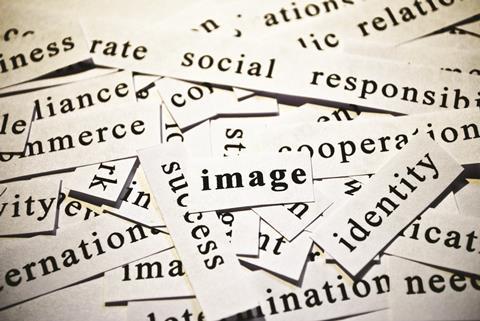
Soon after launching its flagship Galaxy Note 7 phone, Samsung issued a global recall for the product, as some phones caught fire during or after charging.
The recall of the 2.5 million phones already sold will be costly for the South Korean tech giant, but with the case widely reported in the media, the company also risks reputational damage.
StrategicRISK spoke to Michele Tesoro-Tess, managing director for Italy, Switzerland and the Middle East at the Reputation Institute, to discuss what impact this recall might have on Samsung’s reputation, and how companies can improve their reputation by a well-managed product recall.
Could you explain the analysis the Reputation Institute has done on Samsung’s reputation data and which strategy the company should take to minimise reputational damage?
There are seven dimensions that are predictors of a company’s reputation: products and services, innovation, workplace, governance, citizenship, leadership and performance. If companies score well on the seven dimensions, then the reputation of the company will be high. When we do our reputation studies, we ask a set of questions around these seven dimensions and we convert the answers to these questions to a score from 0-100: the higher the score, the stronger the company perception on that specific dimension. Overall scores between 60-70 demonstrate a moderate reputation, scores over 70 are a strong reputation and scores over 80 are an excellent reputation.
In the studies that we do, there is an option for respondents to answer ‘I don’t know’ on what the company is doing on those seven dimensions. The dimension that is always most at risk is governance, which is the perception of the company being open and transparent in the way in which it operates. Whatever the risk is, be it a product risk, a financial reputation risk or a workplace reputation risk, the governance dimension is the dimension that is mostly impacted in the event of a crisis.
The score of Samsung in that dimension is pretty high. However, 20% of respondents answered ‘I don’t know’ to the question whether Samsung is open and transparent. So one out of five consumers is basically waiting to understand what Samsung is doing around being open and transparent. If Samsung does nothing and lets the media tell the story for them, then Samsung is at risk. If on the other hand Samsung becomes proactive and gives its own story on what happened to the product, why there is a product recall and how they are going to treat customers who suffered from the product recall, then they are in a very strong position to recover from the crisis and come out of it stronger than before. So this 20% is the risk area for Samsung and the key number that needs to be the centre of its strategy.
How big of a risk is a product recall to a company’s reputation?
In the last 12 months, we have done risk analysis on over 200 companies in more than 80 markets around the world. We looked at product risks, workplace risks, governance risks, leadership risks, performance risks, and citizenship risks, which is the sustainability and CSR area. Out of the six risks we measured, product risk is the fourth most dangerous risk.
This tells us that consumers are prepared to hear about product recalls, and if the product recall is managed very well, it can actually be an uplift to the company’s reputation. We tested whether a voluntary product recall would be a problem for an industrial company in the automotive market, and the results showed that if the product recall is voluntary and not mandatory, the company’s reputation will increase by two points. What that means is that the general public is prepared to hear that a product has a problem because it is something that can happen. What consumers want to see is a company that is open and transparent in the way it relates to the customer and in the way it takes care of them if a product recall touched them specifically.
Toyota is a good example of this. They are probably the most experienced company in managing a product recall, as they suffered numerous product recalls over the last 10 years. Our reputation data for Toyota for the last 10 years shows they started with a reputation with a score of 73.85 in 2006, with a drop to 66.65 in 2010, but now the reputation of Toyota is back at 73.22. Their score in the governance dimension is the one that is driving this recovery. They are an open and transparent company and they don’t fear telling their own consumers that they have a problem with a car and that they’re going to substitute the product. If that happens the reputation will still be high and the upsides are enormous.
Problems arise when companies with no experience in product recalls have to recall a product. They tend to panic because they do not know what story to tell the outside world. But you cannot hide information anymore these days; the more you hide, the more people will look for information through other sources, and these other sources will care less about picturing the company in a favourable light. Therefore companies who are not open and transparent, who are not leveraging their governance dimension, are letting the rest of the world take care of their own reputation, which is the biggest mistake a company can make.
Do you think most companies are prepared for a product recall in a way similar to Toyota?
Most companies are not like Toyota today, simply because it comes with experience. Toyota suffered product recalls a number of times and they learnt how to do it very well and therefore today if they have a product recall it is basically business as usual for them. Samsung never experienced one and it is also a big product recall. Our analysis on Samsung shows that they have a stellar reputation globally, in Europe and in the US, so they have a great starting point to defend their position. Now if they do not take the opportunity to be open and transparent about what is happening and what their plans are to manage their customers, then that is a lost opportunity. But it takes a cultural change within the company. It takes a change management process, because it is a question of mindset and behaviour among C-levels whether or not to be transparent and open. Typically C-levels tend to be afraid of being transparent and too open. So the challenge is not whether you rate highly in the governance dimension, because you can have a very strong score and still suffer reputational damage.
Volkswagen is an example of this. It had a stellar reputation last year, with very strong results in the governance dimension, so they were perceived as being honest and transparent. Then the dieselgate scandal happened. Volkswagen’s CEO got sacked, as did his replacement, before a third CEO came in, so consumers saw a company that they perceived as being very open and very transparent, but then during the crisis they were shown the opposite. If we look at the governance dimension of Volkswagen today, it lies in the 60s and it used to be in the high 70s.
But these two crises are quite different. Samsung is suffering from a faulty product, whereas with Volkswagen it was an ethical issue. Does that matter in terms of reputational damage?
The Volkswagen case was indeed more of an ethical situation. However, Volkswagen’s revenues, at least in Europe, did not lose an inch over the last 6-8 months. Consumers can be sensitive to the environment, but it is still a quality car for a very competitive price, so they were still buying the cars.
But in Samsung’s case, the crisis directly impacts the quality of the experience of the product the consumers bought. So it is not like the Volkswagen case, because I cannot buy a Galaxy 7 Note and not experience any problems with the product.
Every case has its own story and the strategy the company should take depends on whether that crisis and product recall actually impacts the customer experience of the product.
Are there any best practices when it comes to product recalls?
The key things are timing, taking on responsibility straight from the start, and being extremely honest and transparent about what the implications are and what actions the company will take in favour of the customers.
To limit the damage to the company’s reputation, the product recall needs to be voluntary. Toyota now tends to tell the media if they have a problem and voluntarily recall the whole product. If a company does this, it will come out in the public sphere as being very sensitive to its customers because they are taking the responsibility of a product recall.
In Samsung’s case, the product recall was voluntary, but the scandal had already come out, so that is a different situation.






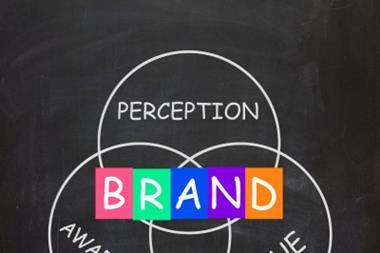
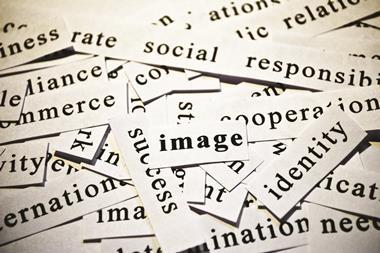
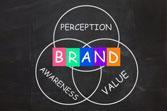
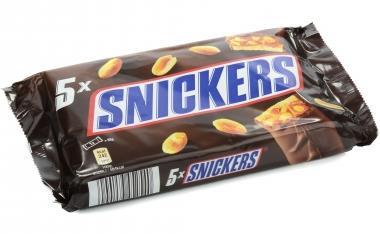










No comments yet